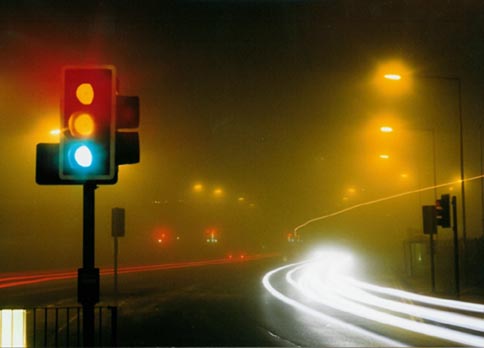Recent statistics show drinking is taking its toll on the nation, with a rise in liver disease higher than ever. Further research assessed up to 32 deaths in the UK could have been prevented if doctors had not missed opportunities to help those with alcohol problems. What if doctors had help in detecting the early stages of liver scarring? A team of specialists from Southampton Hospital’s Liver Unit have created a blood test called the ‘Southampton Traffic Light Test’ that can be used by GPs to help detect scarring in its earlier stages – something that could potentially help save lives.
Tested on more than 1000 people, the simple blood test combines various testing methods that provide a coloured score indicating the patient’s level of liver damage: red refers to liver scarring, medically known as fibrosis; green means there is a more advanced level of scarring; amber shows there is a possibility of death within five years if patients don’t stop drinking.
Dr Nick Sheron, lead researcher in the ‘STL’ test said: “We are reliant on general practitioners detecting liver disease in the community so they can prevent serious liver problems developing. So far we haven’t been able to give them the tools they need to do this. We hope that this type of test may start to change this.”
The British Liver Trust explains that many people don’t know they have liver disease until it is too late. And according to The University of Southampton, one-third of people admitted to the hospital are in the final stages of cirrhosis (chronic liver disease), and at that stage are unable to be successfully treated.
Andrew Holt, a consultant physician at Queen Elizabeth Hospital in Birmingham further adds, “We are excited at the prospect of a test that can be used in primary care centres. This will help treat patients earlier, stopping them from coming to the hospital when it’s often too late.”
While the test is positive in its preventative aims, it still doesn’t solve the problem of excessive drinking. The alcohol awareness organisation Alcohol Concern reminds the public that liver disease can be stopped by drinking moderately, or not at all. So when you reach for that next glass of vino at yet another summer barbecue, think twice.

